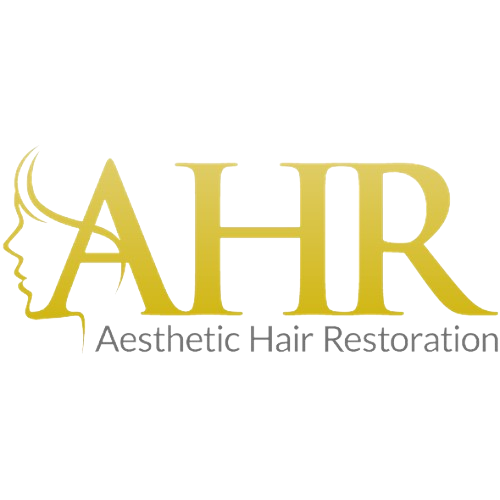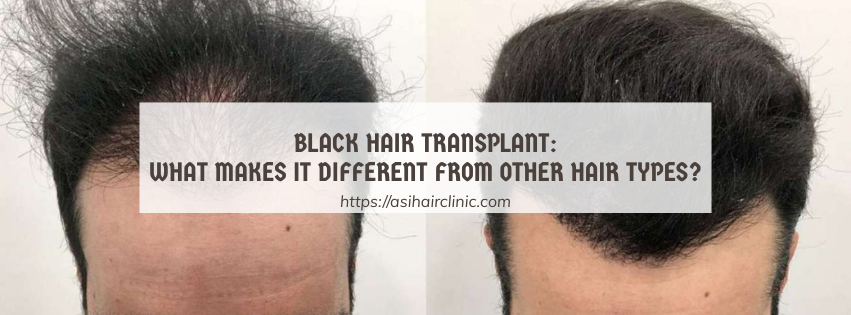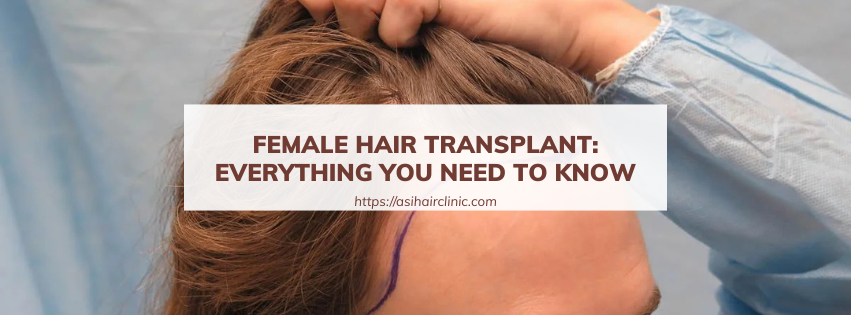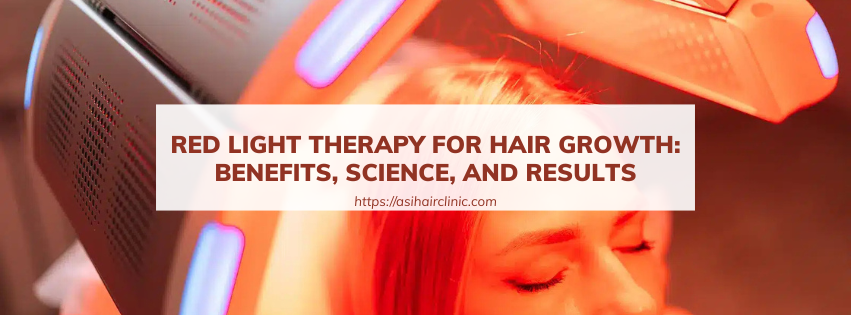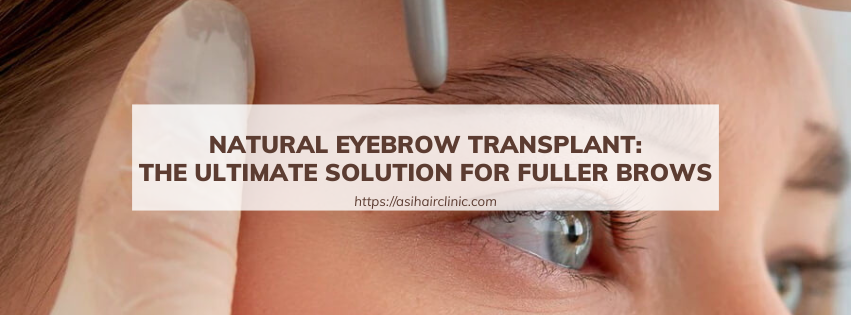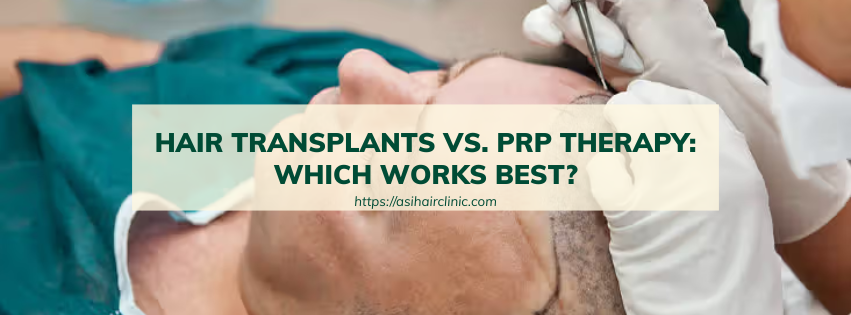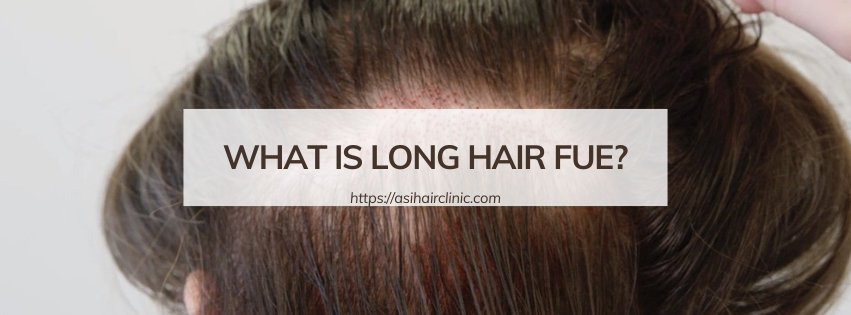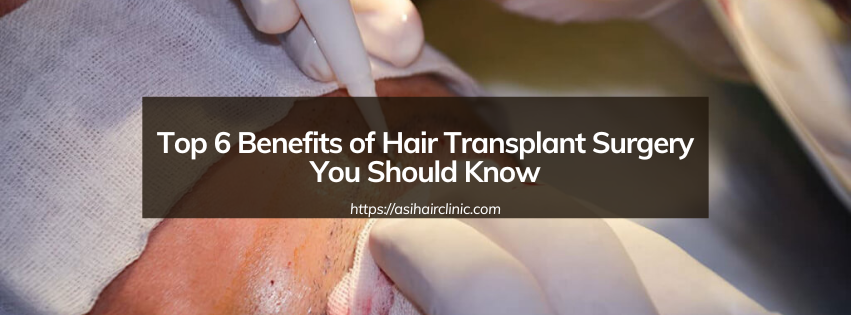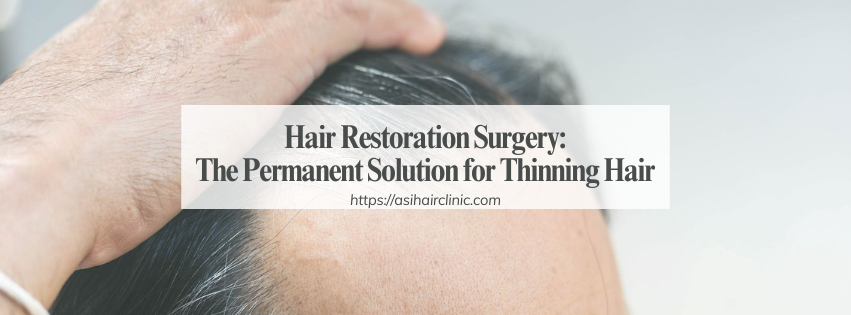Hair Loss and a Vegan Diet
Hair loss, an issue that affects both men and women, has become a significant concern in modern society. The reasons for hair loss can vary widely, from genetics to nutritional deficiencies. One area that has gained increasing attention is the relationship between diet and hair health. In particular, the adoption of a vegan diet raises important questions regarding nutrient intake and its potential impact on hair loss.
1. The Vegan Diet: Nutritional Overview
A vegan diet excludes all animal products, which has led to discussions around its health benefits and drawbacks. While many praise it for its ethical and environmental considerations, others question whether it provides sufficient nutrients necessary for optimal body function, including hair health.
1.1. Key Nutrients for Healthy Hair
Certain nutrients are vital for maintaining healthy hair, and understanding them is crucial for anyone considering a vegan diet.
Protein is one of the building blocks of hair, as keratin-a type of protein-forms most of the structure of hair fibers. Essential fatty acids, particularly omega-3s, provide moisture to the scalp and prevent dryness, promoting better overall hair health.
B vitamins, particularly biotin, play a significant role in hair growth. They help to strengthen hair follicles, thereby reducing hair fall. Additionally, minerals such as iron and zinc are essential in supporting blood circulation to the scalp and facilitating nutrient delivery to hair follicles.
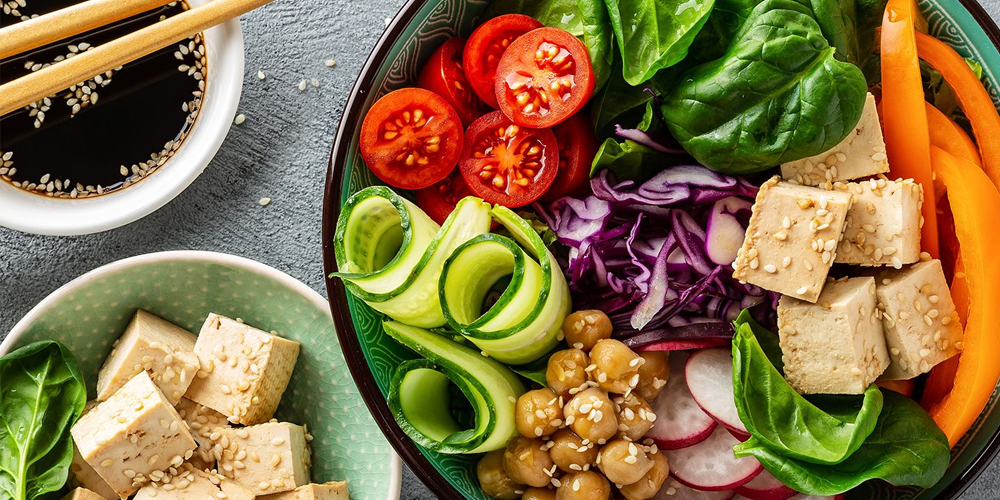
1.2. Potential Nutritional Deficiencies in a Vegan Diet
Transitioning to a vegan diet can sometimes result in nutritional gaps if not approached mindfully. Some common deficiencies include:
Vitamin B12 is typically found in animal products, and inadequate levels can lead to anemia and hair loss.
Iron, which is crucial for oxygen transport in the blood, might be less accessible in a plant-based diet, leading to fatigue and hair thinning.
Zinc, another mineral linked to hair health, may also be in short supply, affecting hair regeneration and growth.
Being aware of these potential pitfalls can help vegans tailor their diets to include alternative sources or to consider supplementation.
1.3. Strategies for a Balanced Vegan Diet
Ensuring that a vegan diet is nutritionally balanced requires careful planning. Incorporating a variety of whole foods is imperative to obtain all essential vitamins and minerals.
Diverse sources of protein can include legumes, nuts, seeds, and whole grains. For iron, options such as lentils, chickpeas, quinoa, and dark leafy greens should be prioritized.
Furthermore, fortified foods and nutritional yeast can be excellent sources of vitamin B12. Including foods rich in omega-3 fatty acids, such as flaxseeds and walnuts, can help maintain healthy scalp hydration.
By being intentional about food choices, it’s possible to sustain a healthy vegan diet while minimizing the risk of hair loss.
2. The Relationship Between Vegan Diets and Hair Loss
As individuals embark on veganism, it’s essential to recognize how this lifestyle choice can influence hair health. This section will explore both the positive and negative impacts of a vegan diet on hair loss.
2.1. Positive Impacts of a Vegan Diet
Many people find that adopting a vegan diet improves overall health, which can indirectly benefit hair health. Increased consumption of fruits, vegetables, and whole grains can enhance overall nutrient intake, providing antioxidants that combat oxidative stress-an often overlooked factor related to hair loss.
Moreover, a diet rich in plant foods can support a healthy weight, reducing the likelihood of hair loss associated with excessive stress on the body. Improved digestion, often reported on a vegan diet high in fiber, can facilitate better nutrient absorption, ultimately benefiting hair follicles.
Additionally, the anti-inflammatory properties of various plant-based foods can reduce scalp inflammation, potentially preventing conditions like telogen effluvium, where hair sheds due to stress or illness.
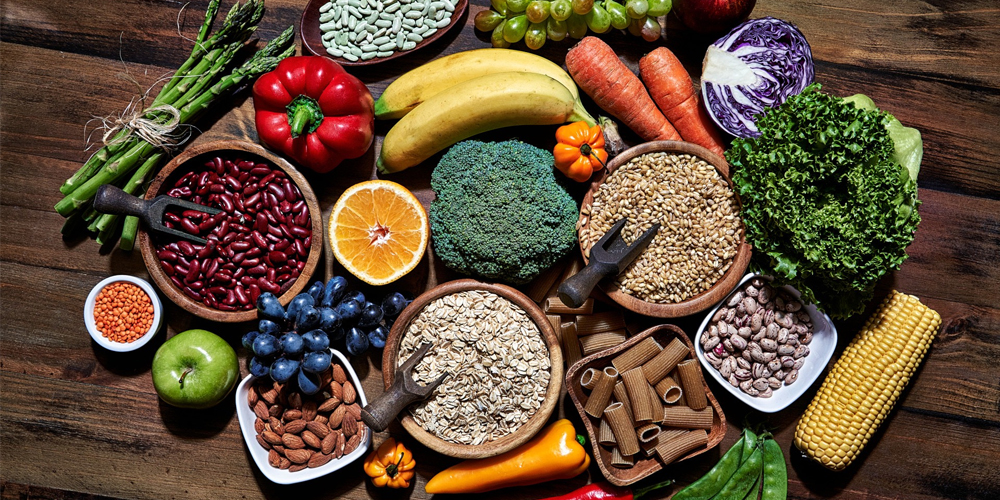
2.2. Negative Impacts of a Vegan Diet
Despite the numerous advantages, a poorly planned vegan diet can lead to hair loss. Those who do not properly manage their nutritional intake may face deficiencies in critical nutrients that support hair growth.
For example, low protein consumption can jeopardize hair's structural integrity. If the body lacks sufficient protein, it may prioritize essential functions over hair growth, leading to increased shedding.
Inadequate levels of iron and zinc can further exacerbate hair loss. Symptoms like fatigue and weakness can accompany these deficiencies, making it essential to monitor dietary choices carefully.
The consequences of neglecting nutrient diversity in a vegan diet can have far-reaching implications for hair health, pushing individuals to seek solutions that may not be effective without addressing root causes.
2.3. Personal Experiences and Insights
Those who have adopted a vegan diet report varied experiences regarding hair health. Some have experienced remarkable improvements in hair vitality and thickness, attributing it to a diet rich in macronutrients and micronutrients. Others, however, have noticed changes in their hair quality after switching diets, prompting them to reassess their food choices.
Engaging in open conversations within vegan communities can yield valuable insights about balancing diet and hair health. Many share creative meal ideas and strategies to ensure adequate intake of hair-supporting nutrients while adhering to their ethical beliefs.
By examining both the benefits and drawbacks, it becomes evident that individual experiences with a vegan diet and hair loss can significantly differ, emphasizing the importance of personalized dietary adjustments.
3. Addressing Hair Loss: Solutions and Support
For individuals struggling with hair loss, regardless of dietary preference, it's essential to understand that there are multiple avenues to explore for resolution. In this section, we'll discuss various strategies to address hair loss while considering a vegan approach.
3.1. Dietary Adjustments
One of the most effective ways to combat hair loss is through proper dietary adjustments. Ensuring that your vegan diet contains ample amounts of essential nutrients is paramount.
Incorporating a wide array of fruits, vegetables, legumes, and whole grains will provide the necessary vitamins and minerals that promote hair growth. For instance, spinach and kale are excellent sources of iron and vitamins A and C, while avocados provide healthy fats and vitamin E.
Additionally, using fortified products can fill in gaps left by potential deficiencies. Fortified plant milks and cereals can serve as reliable sources of essential vitamins like B12 and D, which are crucial for supporting overall health.
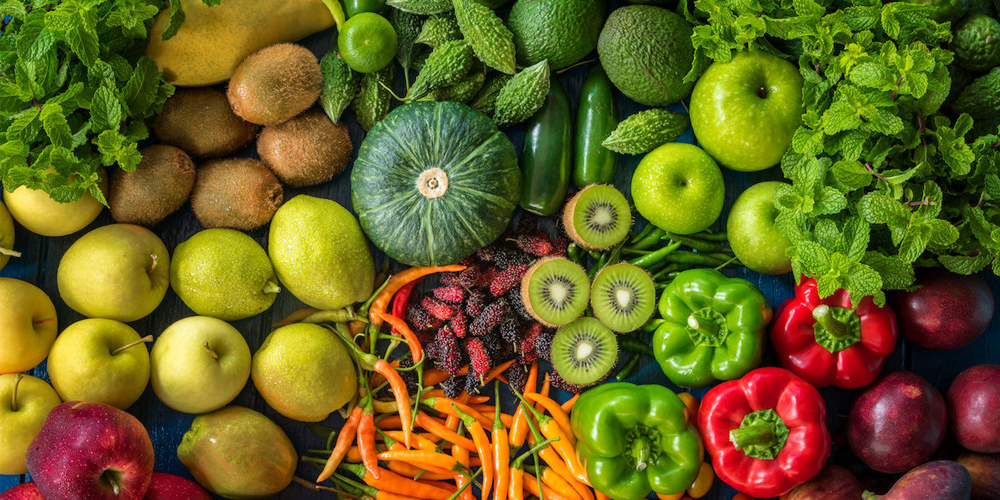 3.2. Supplements for Hair Health
3.2. Supplements for Hair Health
For individuals who may struggle to get enough nutrients solely from food, supplements can serve as an adjunct to a well-rounded vegan diet.
Biotin is a popular supplement known for its potential to enhance hair strength and growth. Omega-3 fatty acids, often found in algae oil supplements, can also help maintain scalp health and prevent dryness.
Consulting with a healthcare professional before starting any new supplement regimen is advisable to ensure safety and appropriateness based on individual needs.
3.3. Lifestyle Changes and Self-Care Practices
In addition to dietary measures, lifestyle factors also play a crucial role in promoting hair health. Managing stress through relaxation techniques, such as meditation or yoga, can be beneficial. High-stress levels can lead to hair loss, and finding effective coping mechanisms can make a significant difference.
Regular exercise enhances blood circulation, delivering crucial nutrients to hair follicles. Staying hydrated is equally important; water helps maintain scalp health and hair elasticity.
Cultivating a self-care routine that prioritizes mental and emotional well-being can create a holistic approach to addressing hair loss while navigating a vegan lifestyle.
Conclusion
The relationship between hair loss and diet is complex, especially in the context of a vegan lifestyle. While many individuals thrive on plant-based diets, it’s essential to remain vigilant in ensuring proper nutrient intake to support hair health. Understanding the biological processes behind hair growth, recognizing the potential pitfalls of veganism, and implementing dietary strategies can lead to healthier hair and overall well-being.
Ultimately, everyone’s journey is unique, and personalized approaches must be taken to address hair loss effectively. By embracing a comprehensive view that includes diet, lifestyle, and emotional wellness, individuals can forge a path toward healthier hair, irrespective of their dietary choices. As awareness increases around the connections between nutrition and hair health, individuals are empowered to make informed decisions that align with their values and aspirations.
LATEST POSTS
